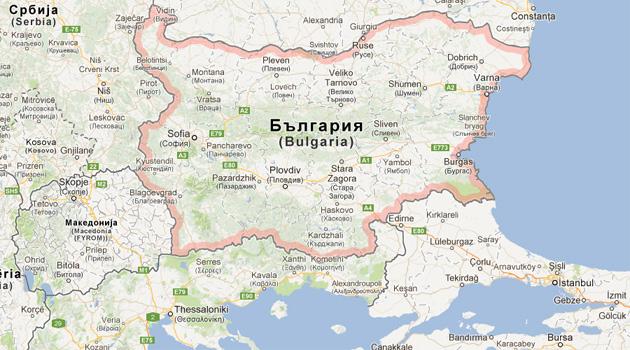Bulgaria: European Court of Human Rights says Gov't must stop house demolition in Garmen

The Equal Opportunities Inititative Association (EOIA) in Bulgaria reports that on 10 July the European Court of Human Rights issued "urgent interim measures" over the house demolitions planned for tomorrow in the town of Garmen. Under Rule 39 of the Rules of the Court, the measures urge the Bulgarian government to “stop the demolitions, until alternative housing is secured for the vulnerable claimants”.
The measures were requested by attorneys including representatives of the Bulgarian Helsinki Committee and EOIA after members of the "Intellect" National Coalition investigated the situation of the Romani families who would be affected in Gurmen. The appeal to Strasbourg represented a last-ditch option for the families after the local administration refused to reconsider its decision to demolish the buildings.
The EOIA press release claims that such actions by the Bulgarian administration solely target Romani-owned houses and ignore the "large number of unlawful constructions" throughout the country that do not have Romani owners or residents. "This selective, less-favorable treatment amounts to discrimination on an ethnic bas[is] and [a] serious violation of basic human rights," the press release reads.
According to the EOIA the families who would be rendered homeless by tomorrow’s demolition include eight minors, two of whom have severe disabilities, and a woman who is eight months pregnant. The interim measure issued on Friday ostensibly will prevent their homelessness by staying the demolition.
Garmen was the scene of anti-Roma unrest in May which then spread to the capital, Sofia. The "Intellect" National Coalition issued a statement in response to those incidents calling for the state to revamp its process of consulting with Romani communities and other minorities, including the following critique: "The now-acting National Council for Cooperation on Ethnic and Integration Issues is ineffective, worthless and even counter-productive at times. We maintain the position that it is utterly unacceptable for democratic forms of cooperation between institutions to be exchanged for methods by which different parties pick and choose, by their own ‘rules’ (especially during election time), those representatives of the Roma community who best suit their interests. Forgetting the fact that such unregulated ‘cooperation’ is being arranged by a multitude of channels, not solely with Roma people, and not solely during election time, we are most concerned with the atrocious results they yield in the context of ethnic tension."